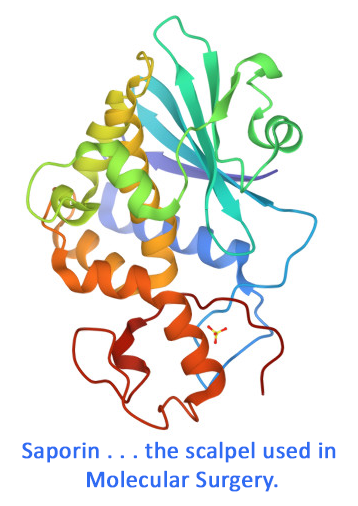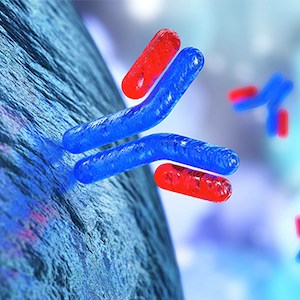Somatostatin was first characterized as the major physiological inhibitor of growth hormone release (somatotropin) from the pituitary but has subsequently been shown to inhibit the release of many other physiologically important compounds, including insulin, glucagon, gastrin and secretin. It is therefore a major factor in the control of metabolism. It also functions in the central nervous system as a neurotransmitter/neuromodulator in the control of motor activity and cognitive functions; it may be involved in epilepsy and in Alzheimer’s disease. This gastrointestinal and hypothalamic peptide hormone is in two forms (14 and 28 residues) and is found in gastric mucosa, pancreatic Islets, nerves of the gastrointestinal tract, posterior pituitary and in the central nervous system. Somatostatin analogues have antiproliferative effects and are now used in the treatment of several forms of cancer. Somatostatin binds to glycoprotein receptors of the seven transmembrane domain superfamily on target cells.
This antibody recognizes mammalian somatostatin-28. Somatostatin-28 (6-28) was used as immunogen. The antibody is routinely tested by dot blot.
Applications include immunostaining, immunoblotting and radioimmunoassay.
keywords: somatostatin, Alzheimer’s disease, Anti-Somatostatin, growth hormone, somatotropin, metabolism, epilepsy, brain, neuroscience



Reviews
There are no reviews yet.